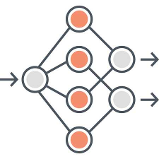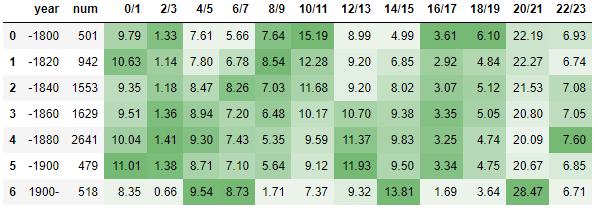A State-independent and Time-evolving Network for Early Rumor Detection in Social Media
Rui Xia, Kaizhou Xuan, Jianfei Yu
NLP Applications Long Paper

You can open the pre-recorded video in a separate window.
Abstract:
In this paper, we study automatic rumor detection for in social media at the event level where an event consists of a sequence of posts organized according to the posting time. It is common that the state of an event is dynamically evolving. However, most of the existing methods to this task ignored this problem, and established a global representation based on all the posts in the event's life cycle. Such coarse-grained methods failed to capture the event's unique features in different states. To address this limitation, we propose a state-independent and time-evolving Network (STN) for rumor detection based on fine-grained event state detection and segmentation. Given an event composed of a sequence of posts, STN first predicts the corresponding sequence of states and segments the event into several state-independent sub-events. For each sub-event, STN independently trains an encoder to learn the feature representation for that sub-event and incrementally fuses the representation of the current sub-event with previous ones for rumor prediction. This framework can more accurately learn the representation of an event in the initial stage and enable early rumor detection. Experiments on two benchmark datasets show that STN can significantly improve the rumor detection accuracy in comparison with some strong baseline systems. We also design a new evaluation metric to measure the performance of early rumor detection, under which STN shows a higher advantage in comparison.
NOTE: Video may display a random order of authors.
Correct author list is at the top of this page.
Connected Papers in EMNLP2020
Similar Papers
Recurrent Event Network: Autoregressive Structure Inferenceover Temporal Knowledge Graphs
Woojeong Jin, Meng Qu, Xisen Jin, Xiang Ren,

Weakly Supervised Subevent Knowledge Acquisition
Wenlin Yao, Zeyu Dai, Maitreyi Ramaswamy, Bonan Min, Ruihong Huang,

Joint Constrained Learning for Event-Event Relation Extraction
Haoyu Wang, Muhao Chen, Hongming Zhang, Dan Roth,

